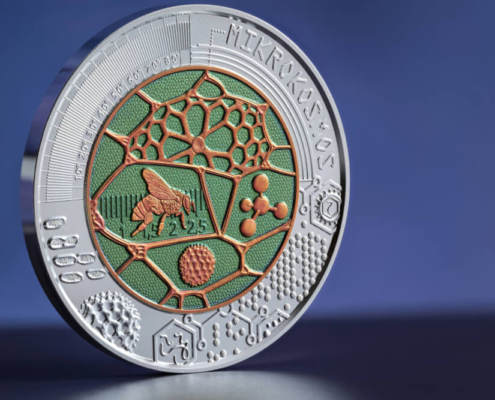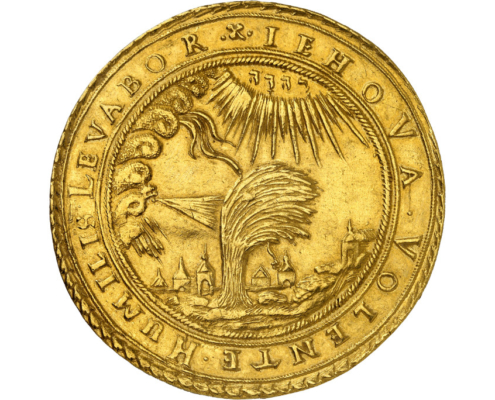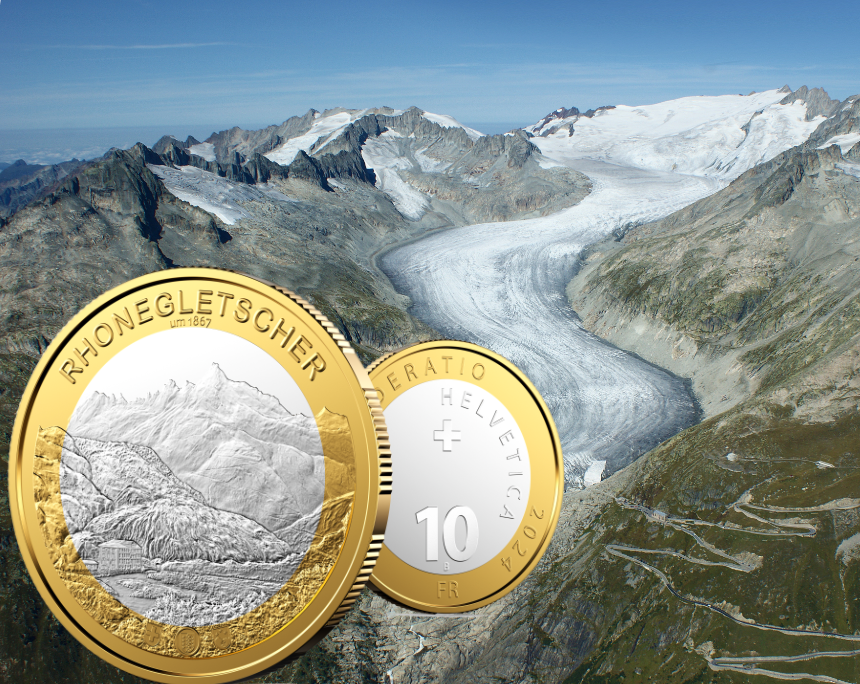Archive: People and Markets
The Rhone Glacier Concludes the Swiss Glaciers Trilogy
With its new “Rhone glacier” coin, Swissmint pays tribute to the approximately 10-kilometer-long ice field that has been a popular tourist attraction in Switzerland since the 19th century. This coin marks the end of the “Swiss Glaciers” series.
Highlights from Shanghai Mint Museum to be Showcased in London
For the first time, highlights from the collection of the Shanghai Mint Museum will be showcased in London at the former Royal Mint. The temporary exhibition titled COINect will be open from 8 to 14 June.
Archive: Coins, Medals and more

Coloured Metal from Austria: Niobium Coins
In 2003, the Austrian Mint introduced a new metal with exciting characteristics to the world of coins: niobium. The beginning of a success story.

The Bending Willow Tree
On 29 January 2025, Künker is going to auction off a unique willow tree coin. The reverse of the 10-ducat piece depicts a willow tree in a storm. But what is the message that William V, the Landgrave of Hesse-Kassel on whose behalf the coin was created, wanted to convey with this issue?










2023 World’s Fair of Money in Pittsburgh
In the international coin world, there are a few events that are set in stone. One of them is the American Numismatic Association’s World’s Fair of Money. Ursula Kampmann attended the 2023 show in Pittsburgh.
John Mussell 1942-2023
The founder of Token Publishing Ltd. died after a short illness at the age of 81. He made many friends in the numismatic world over the years. His wife Carol and his son Philip will carry on his legacy.